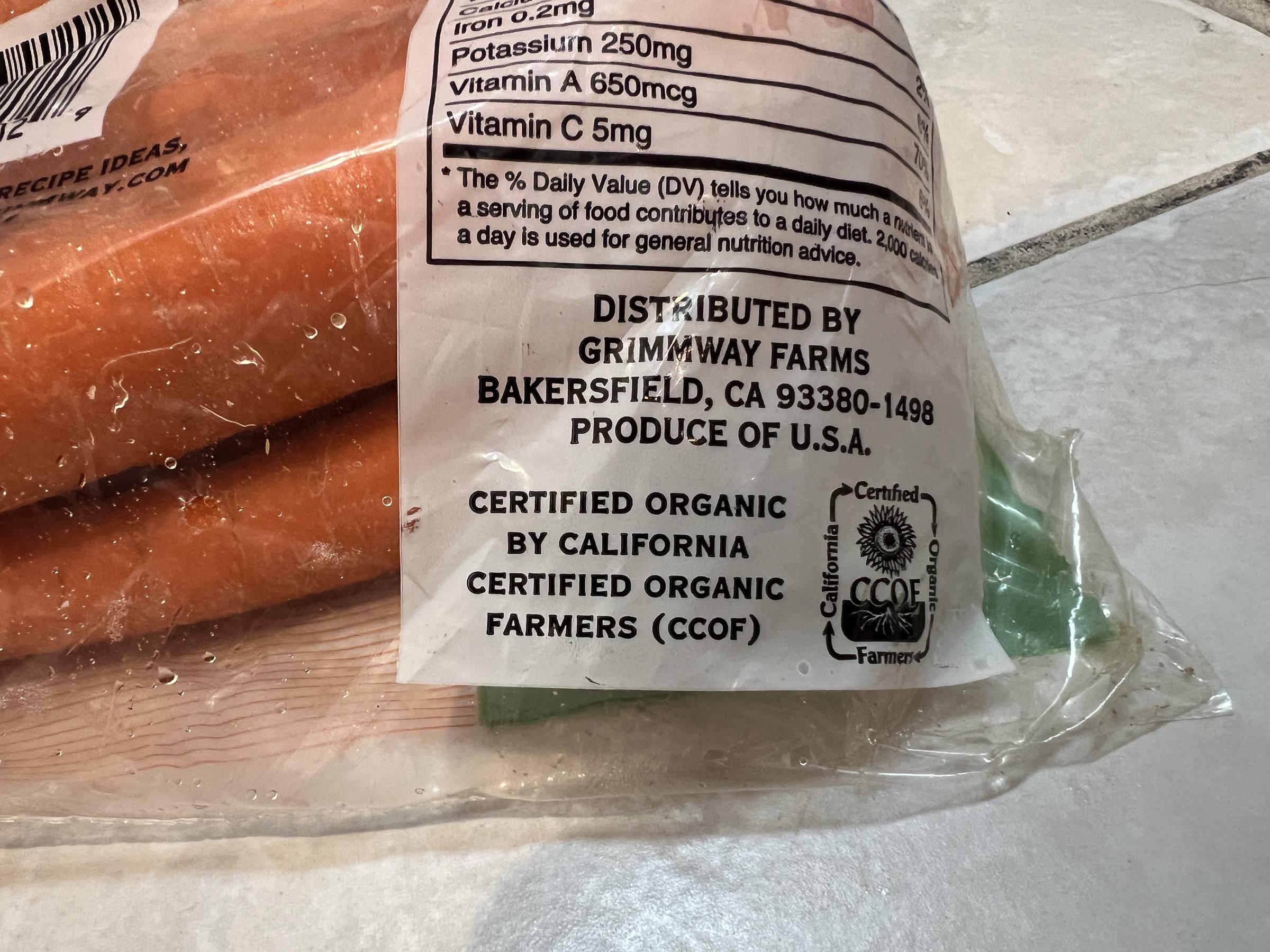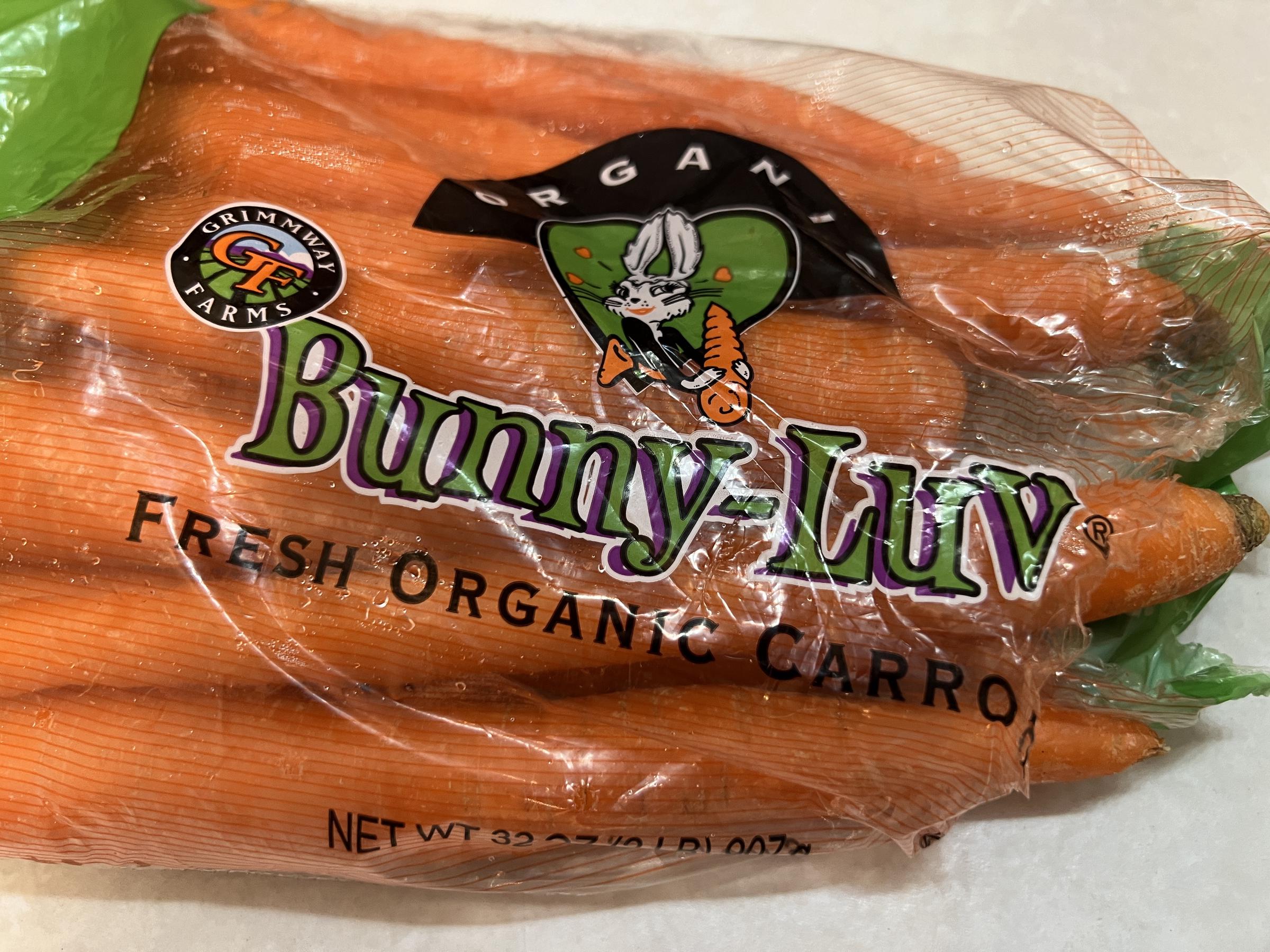
An unexpected discovery by health officials has uncovered a potentially deadly contamination in ground beef, prompting urgent action and a sweeping recall nationwide.
Detroit’s Wolverine Packing Co. has recalled approximately 167,277 pounds of ground beef due to concerns over possible contamination with E. coli. The U.S. Department of Agriculture’s Food Safety and Inspection Service (FSIS) announced the recall on November 20, 2024.

Ground Beef on a wooden table | Source: Getty Images
The affected fresh ground beef carries a “use by” date of November 14, 2024, while frozen products are marked with a production date of October 22, 2024. These items were distributed to restaurants across the country.
Consumers can identify the products by the establishment number “EST. 2574B” inside the USDA mark of inspection. The issue came to light after the Minnesota Department of Agriculture reported a group of people had illnesses linked to ground beef consumption.

People eating in a restaurant where the contaminated ground beef was served posted on November, 22, 2024 | Source: YouTube/@wcco
On November 13, FSIS was alerted to the cases and, in collaboration with Minnesota’s Agriculture and Health Departments, traced the illnesses to Wolverine Packing Co.’s products.
After a ground beef sample was collected, it tested positive for E. coli during an ongoing outbreak investigation. The announcement on November 20, confirmed the presence of the bacterium in Wolverine Packing Co.’s products.
So far, 15 cases have been reported in one state, with illness onset dates ranging from November 2 to November 10. FSIS is actively collaborating with Minnesota’s Agriculture and Health Departments to track the outbreak and ensure public safety.
E. Coli is a serious health threat. Symptoms like bloody diarrhea, dehydration, and abdominal cramps typically appear 2–8 days after exposure, with most cases resolving within a week.

Cooked ground beef in a strainer | Source: Getty Images
However, in some instances, the infection can lead to hemolytic uremic syndrome (HUS), a rare but life-threatening form of kidney failure. Young children and older adults are most at risk for this complication.
It is characterized by symptoms such as easy bruising, pale skin, and reduced urine output. Anyone experiencing these warning signs should seek urgent medical care.

A caregiver holding a patient’s hand | Source: Getty Images
FSIS has expressed concern that some contaminated products may still be in restaurant refrigerators or freezers. Businesses are advised not to serve these items under any circumstances. Instead, the products should be discarded or returned to their place of purchase immediately.

UMN public health professor advising people to eat well-cooked beef from an interview posted on November, 22, 2024 | Source: YouTube/@wcco| Source:
Consumers have also been urged to take note of the importance of proper food handling and cooking practices to prevent foodborne illnesses. FSIS has advised that ground beef should be cooked to an internal temperature of 160°F using a food thermometer to kill harmful bacteria.
When handling food, consumers should follow these key steps: Clean hands and surfaces often, separate raw meat from other foods, cook to safe temperatures, and refrigerate food promptly.

Cooked ground beef on a strainer | Source: Getty Images
E. Coli bacteria are naturally found in various environments, including food, water, and the intestines of humans and animals. Most of these bacteria are harmless, aiding digestion, producing vitamins, and protecting against harmful germs.
However, certain E. Coli strains can cause illness. Infections may lead to diarrhea, urinary tract infections, pneumonia, or sepsis. People typically get infected by swallowing E. Coli through contaminated food, water, or contact with animals, environments, or other people.
We previously reported that on November 17, the Centers for Disease Control and Prevention (CDC) and the Food and Drug Administration (FDA) alerted the public about the E. coli outbreak in the U.S. that is linked to organic carrots.
They revealed which products have been recalled, the affected states, case statistics, symptoms, and what people should do to avoid infection.
The CDC and FDC confirmed that the E. coli outbreak was linked to organic whole and baby carrots of multiple sizes distributed by Grimmway Farms.
Although the supplier company issued a recall of the implicated products on November 16, the CDC warns that some of the recalled bagged carrots may still be present in consumers’ homes, even if they are no longer available on the shelves of local supermarkets.

A close-up photo of a Grimmway Farms information label in Lafayette, California on November 17, 2024 | Source: Getty Images
People are advised to check their refrigerators for any brands of organic whole or baby carrots that have been recalled, and immediately discard or return them to the store.
Businesses are also cautioned against selling such items and have been urged to wash and sanitize any surfaces or objects that may have come into contact with the recalled carrots.

An individual holding a bunch of baby carrots from their fridge in Lafayette, California. | Source: Getty Images
Grimmway Farms’ product recall consists of a comprehensive list of several brands. The affected brands include well-known names such as 365, Bunny Luv, Cal-Organic, Compliments, Full Circle, Good & Gather, GreenWise, and Marketside.

A close-up photo of a packet of Bunny Luv organic carrots from Grimmway Farms in Lafayette, California. | Source: Getty Images
Others include Nature’s Promise, O-Organic, President’s Choice, Raley’s, Simple Truth, Sprouts, Trader Joe’s, Wegmans, and Wholesome Pantry. The recalled baby organic carrots feature best-if-used-by dates ranging from September 11 to November 12.
Although the whole organic carrots had no specific best-if-used-by dates listed on the bags, these products were available for purchase in stores between August 14 and October 23. Whole organic carrot brands affected by the E.coli product recall are identical to the ones for the baby carrots.
The E. coli outbreak has been confirmed in 18 states across the U.S., with a total of 39 reported illnesses, 15 hospitalizations, and one death. Additionally, the last reported illness onset occurred on October 28.
Affected states include Arkansas, California, Colorado, Massachusetts, Michigan, Minnesota, Missouri, North Carolina, New Jersey, New York, Ohio, Oregon, Pennsylvania, South Carolina, Texas, Virginia, Washington, and Wyoming.
Interviews conducted with 27 individuals who fell ill revealed that 26 (96%) had consumed carrots in the week prior to experiencing symptoms, solidifying the link to the recalled products.
According to a case count map provided by the CDC, states like Minnesota, New York, and Washington are experiencing higher concentrations of cases, with other states such as Wyoming, California, and Texas showing a more scattered spread.